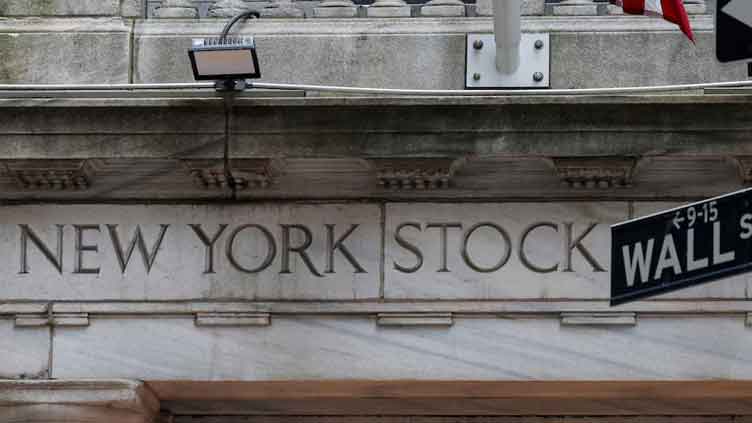Global equities gain, gold prices set for big weekly loss

Business
It has been a positive week for global equity markets, as investors cheered a US-China tariff truce
NEW YORK/SYDNEY (Reuters) - Wall Street gained on Friday, as European shares climbed to a fifth straight weekly gain on upbeat earnings that helped sustain the rally sparked by a US-China trade truce.
Gold prices were set for their biggest weekly loss since November.
Oil futures notched a weekly gain but remain relatively low, further supporting stocks and bonds.
US consumer sentiment slumped further in May as one-year inflation expectations surged as households remained concerned about the economic impact of President Donald Trump's aggressive and often erratic trade policy, a University of Michigan survey showed.
Yields on US Treasuries fell after data showed weaker housing starts than expected.
It has largely been a positive week for global equity markets, as investors cheered a tariff truce between the United States and China that greatly reduces the risk of a global recession.
"The risk-on mood is still here on markets," said Nabil Milali, strategist Multi-Asset & Overlay at Edmond de Rothschild, also pointing to news that the European Union and the US have agreed to intensify talks on a possible trade agreement, and a better-than-expected earnings season.
"The fact that we have more positive surprises is a very good thing for European stocks."
US import prices unexpectedly rose in April as a surge in the cost of capital goods offset cheaper energy products.
"We are in the early stages of a trade transition. As of April, the impacts are unclear; however, we know that uncertainty pushed residential builders off balance," said Jeffrey Roach, Chief Economist for LPL Financial in Charlotte, North Carolina, on import prices and housing and building data.
Data showed US single-family housing starts fell 2.1% on a seasonally adjusted basis in April as tariffs on imported materials and high mortgage rates remained obstacles for the housing market. The report helped push yields lower.


